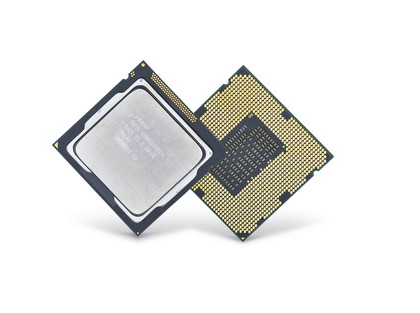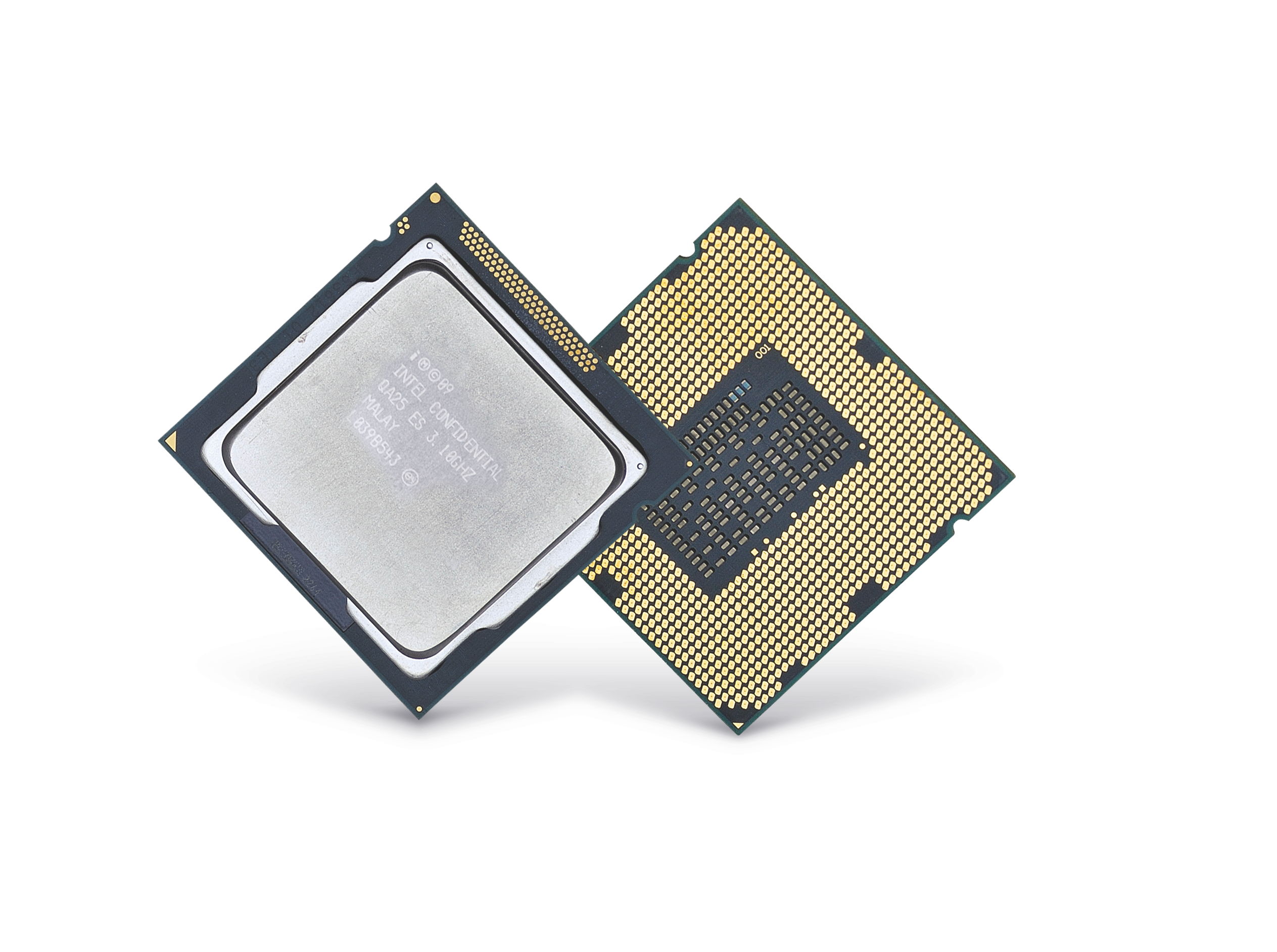Why you can trust TechRadar
Verdict:

The Intel Core i3 2100 is the first of the Sandy Bridge processors that does away with the four cores of its siblings and makes do with just two, though HyperThreading is thrown in.
This, together with its lack of overclocking features, means it's very much the poor relation of the family when it comes to performance.
The degree to which the performance has taken a hit from this reduction in core count can be seen by comparing any of the i3 2100's CPU benchmarks and comparing it against the Intel Core i5 2500T.
The Intel Core i3 2100 has a 3.1GHz clock speed with 3MB of L3 cache compared to the 2.3GHz clock speed of the i5. The i5, though, is a fully fledged quad core with 6MB of L3 cache, and simply crushes its sibling.
The Core i3 2100 uses Intel's HD2000 graphics core using six execution cores and has a base frequency of 850MHz which can rise to dynamically to 1,100MHz when needed.
The HD2000 is the only part of the core that can be overclocked, which is achieved by tweaking the graphics multiplier in the BIOS. After several goes our i3 settled down at 1,300MHz, which isn't a bad jump from the standard speeds.
It probably doesn't need saying, but even at its overclocked speed the gaming performance of the graphics core is practically nonexistent for high-end 3D games.
To lock the Intel Core i3 2100 down is a bit of an odd decision by Intel, because it may just make potential purchases turn to low-priced, but overclockable, AMD processors instead. Though it may just be hoping people instead choose to dig a bit deeper and buy a more powerful quad-core Core i5.
We liked
It's really tough to like the Intel Core i3 2100 as it doesn't have a lot going for it. The CPU market is just so competitive in this price range that about the best you can say for it is that it'll be fine for a low-power HTPC
We disliked
One of the great things about low cost Intel processors of the past was that some of them turned out to be overclocking gems, legends even. Unfortunately the Core i3 2100 won't be able to join them thanks to Intel's decision to lock the core completely.
Final word
Low end system builders may love it, but whether the home user will build a system around it is a bit doubtful.
